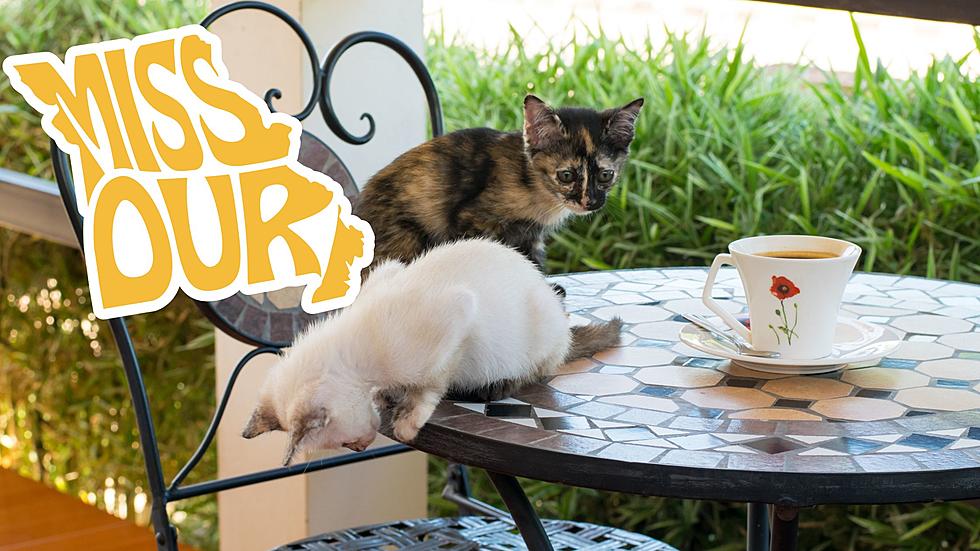
Pet Proof Your Home For The Holidays
It’s the Holiday season…that wonderful time of year when families, friends and, yes, pets come together to celebrate; however, if there is a pet in your family, it’s important to remember that many special occasions this time of year include hidden dangers for them. Now is the time to begin ‘pet proofing’ your home to make sure it is a safe as possible for your pet.
Use caution when hanging glass ornaments that can easily fall off and break, especially if your tree is placed directly on a wood or hard surface floor. Should an accident occur with an ornament, quickly clean the area of all broken glass and consider keeping your pet away from that area until you are sure there are no remaining pieces or slivers of broken glass remaining. When decorating the tree, consider placing highly breakable or delicate glass ornaments on higher branches that you pet cannot reach.
Ornament hooks can also be a danger to pets and should be placed so that your pet cannot access or ingest. An ingested ornament hook can cause significant internal damage.
Dr. Reich reminds cat owners that accidental ingestion of decorations they may play with can lead to serious problems. Cats are attracted to shiny things like garland and/or ornaments that may resemble cat toys; tinsel and string can become wrapped around a cat’s tongue causing severe lacerations of their gastrointestinal tract, which can lead to vomiting, diarrhea, infection, shock and even death if not treated aggressively. Dr. Reich also advises caution with both Christmas tree and Christmas tree water. Both can cause stomach upset if ingested. The same is true of poinsettias and holly wreaths. And use caution with your choice of wrapping paper and ribbons your pet may have access to as ingesting either could cause problems.
In addition to pet proofing one’s holiday decorations, Dr. Reich also recommends extra precautions when it comes to holiday meals and foods. Use caution to keep your pet a safe distance away when cooking holiday meals on a hot stove or when using a lower double oven. Burns can happen quickly and can be painful as well as dangerous to your pet.
Dr. Robert Reich, Animal Medical Clinics of Quincy, cautions that pets are often fed more ‘table scraps’ or ‘human food’ during the holidays than what they are accustomed to at any other time of the year. When these selections are high-fat foods, an inflammation of the pancreas, called pancreatitis, can result. Signs of pancreatitis include a painful abdomen, depression, weakness, vomiting and diarrhea. Pancreatitis can be life threatening and requires immediate veterinary attention.
Aside from ‘rich foods’ Dr. Reich notes that the following foods also pose problems for pets: chocolate, macadamia nuts, raisins and/or grapes, bread dough, alcohol and any foods containing xylitol, an artificial sweetener commonly found in dental products, chewing gum and human medications. Symptoms of ingestion of these food products range from vomiting and diarrhea to ataxia (wobbliness and incoordination) and seizures. Consumption of xylitol by dogs can be life threatening and requires immediate veterinary attention.
Dr. Reich recommends these three simple steps to help ensure a safe holiday for your pet:
- Restrict your pet to its regular food and ask guests in advance to not bring food to share with your pet.
- Upon arrival, remind all guests to please refrain from sharing any food (human or other) with your pet. If absolutely necessary, sharing a small amount of lean meat will be the best way to safely include your dog in your holiday feast. This should be done by the person who ordinarily feeds the pet to ensure that the pet is not overindulged. Better yet, place a small bowl of your pet’s food/treats on the table (near the owner) so if the owner feels the need to give his/her pet something from the table, it can be fed something healthier, and something that it’s used to eating, instead.
- If you are the one traveling to visit friends or relatives this holiday season and you are taking your personal medications with you, please note where you store them during your visit and make sure that they are absolutely out of the reach of your pet (and any pets that may live in the home where you are staying). Also be sure to pack your pet’s food so you don’t need to change its diet during your travels.
Taking a few simple precautions now can mean a happy healthy holiday for your pet. For questions regarding holiday hazards, contact Dr. Robert Reich, Animal Medical Clinics of Quincy at 2803 Wismann Lane or call the office at 217-222-8383 during regular office hours.


